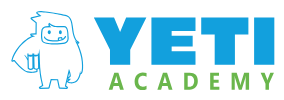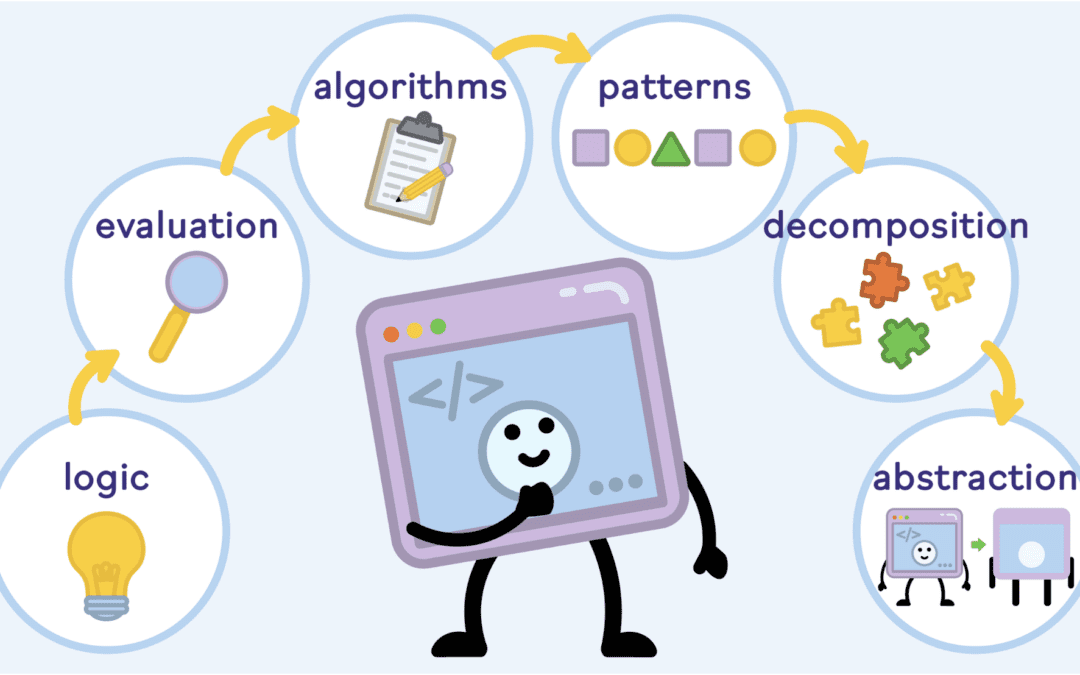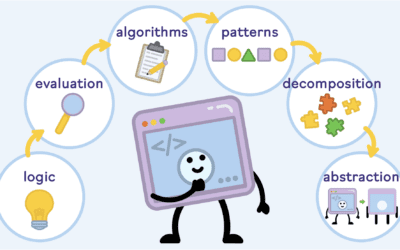
It seems like everyone is talking about wanting kids to learn to code. But given that the majority of jobs do not require coding, you may be wondering whether it’s really as important as everyone seems to think. The truth is, learning to code from an early age has a wide range of benefits — and the career potential is only one of them.
Here are five reasons your students will benefit from adding a coding curriculum to your school.
1. Students who learn to code develop problem-solving and critical thinking skills.
Coding and programming involve a great deal of problem-solving. Whether students are learning to code through a course or trying to create a project on their own, they will need to think about how to create their desired end result and debug issues that crop up in their code.
As students learn how to make a program or website work, they develop strong critical thinking skills that will serve them well in many parts of their lives.
2. Students who learn to code develop confidence.
One of the benefits of learning to code is that it allows students to produce tangible results that show their capabilities. While some school subjects may not make an obvious, immediate difference in each student’s life, coding allows students to see they can use their skills to make something fun or functional. Your coding students will develop more confidence in their ability to learn and tackle real-world challenges.
As students take on more challenging projects, they will see how their hard work pays off. They will understand that the more they learn and practice, the more they can do. The sky’s the limit!
3. Learning to code leads to greater job opportunities.
Educators and industry professionals have been talking about the STEM skills gap for years. While there is a need for all kinds of STEM professionals, most of the gap is in computer science and coding. Nearly half of all STEM jobs are in computer and math fields, according to the U.S. Department of Commerce.
There are many in-demand, high-paying jobs that require coding, and we’re not just talking about software engineering managers. Here just a few jobs that require coding and their average salaries, according to the latest information from the U.S. Bureau of Labor Statistics:
- Computer systems analyst: $90,920
- Database administrator: $93,750
- Information security analyst: $99,730
- Software developer: $107,510
- Web developer: $73,760
4. Coding projects encourage students to develop social and emotional skills.
It may seem odd to promote coding as a way to develop social skills, but unlike the stereotype, real-life coding in today’s world is usually far from a solitary pursuit. From collaborative games to learning a new language, coding can be a very social activity for kids.
In coding class, students can build social and emotional skills by collaborating on projects. They also learn to seek and offer help when needed, developing crucial communication skills. Later on, young coders can benefit from the active community of student and professional coders in the real world and work together with others on complex projects.
5. Teaching code helps diminish the tech gender and diversity gap.
A coding curriculum for all students can help diminish the gender gap and lack of underrepresented minorities in tech occupations. If everyone is given the opportunity and encouragement to try coding early on, more children from groups that are currently underrepresented in tech will develop an interest in coding and grow up to work in tech jobs.
One study polled over 1,226 STEM professionals who were female or part of an underrepresented minority about diversity in STEM. More than 77% said the main reason for the diversity gap was because students from underrepresented groups were not encouraged or nurtured to pursue STEM early on.
Teach Your Students to Code With Yeti
Yeti Code is a uniquely engaging way to help students learn to code. Our first-to-market multiplayer game environment gives students a fun way to learn and practice coding with their peers, whether they are in a traditional classroom or learning from home. Best of all, students can motivate each other to keep learning and progress in their skills.
In addition to Yeti Code, Yeti Academy offers a variety of engaging STEM modules for 3rd through 9th graders covering subjects like digital citizenship, computational thinking, biology, and more. Contact us to learn more about Yeti Academy.








